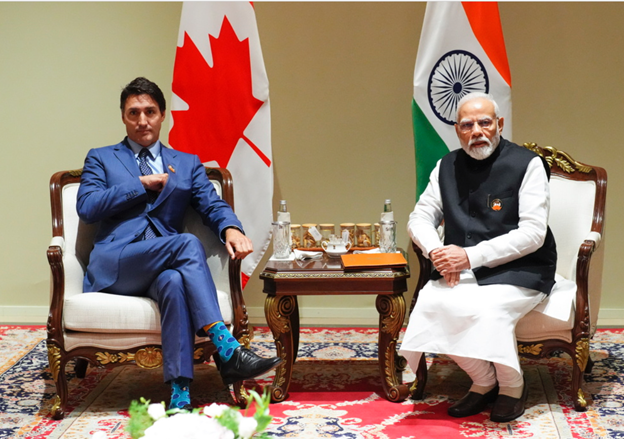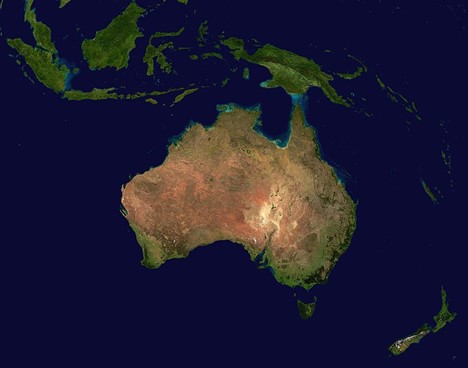Over the past month and a half, tensions between India and Canada have escalated dramatically. On September 18th, Canadian Prime Minister Justin Trudeau delivered a surprising statement in Parliament that accused New Delhi of spearheading an assassination against Hardeep Singh Nijjar—a Canadian-Sikh—in Vancouver. A tit-for-tat diplomatic expulsion ensued, with Ottawa expelling an Indian high commissioner and New Delhi expelling the Canadian intelligence station chief. India suspended visas for Canadians and Canada considered reducing their diplomatic staff in light of safety concerns. This latest spat has created a major diplomatic row between two enduring partners, leading bilateral relations to their lowest point in years. The United States, at this point, has been mum on this issue. With Canadian membership in NATO and Indian participation in the Quadrilateral Security Dialogue (Quad), these developments are a national security concern for the United States and thus serve as a wake-up call for Washington to emphasize further cooperation on such matters.
Over the course of 2023, India-Canada relations were relatively steady. Seeking to diversify the Canadian economy, Trudeau saw India as a critical partner under Ottawa’s Indo-Pacific strategy, considering the country’s growing economic and political rise as well as demographic importance in the region. However, from mid-September relations have soured. In early June, Indian External Affairs Minister S. Jaishankar warned of a movement of Sikh separatists known as the Khalistanis. Days after those warnings, Canadian Sikh Hardeep Singh Nijjar was shot dead in front of a Sikh temple, or gurdwara, in Vancouver. Following Trudeau’s statement, Five Eyes—an intelligence-sharing alliance between the United States, United Kingdom, Australia, New Zealand, and Canada—informed the Canadians of details that linked the assassination to the Research and Analysis Wing (RAW), India’s premier espionage agency. These revelations have forced Washington to walk a tightrope between its allies, as Canada is a NATO partner and India is a counterweight against China in the Indo-Pacific. Not only are Indo-Canadian relations spiking, but the national security interests of the US are being put at risk.
At the moment, the United States has yet to speak out formally on this issue. President Biden reportedly spoke to his Indian counterpart privately about the killing, but the Biden administration has notably refrained from publicly issuing a strong statement of any kind. Even if Washington has privately shared intelligence with the Trudeau administration per its role in Five Eyes, it has remained quiet on the issue. This is a national security concern for the White House’s alliance strategy and in order to mitigate it, the Biden administration must be willing to cooperate with both stakeholders in investigating the issue. American law enforcement agencies should coordinate with Canadian Security Services, facilitated alongside the State Department. Moreover, for this effort to gain traction, it is important for the President to also get India on board as they are in the spotlight for this case. India still denies their involvement in the transnational killing. Ottawa continues to point to India as a potential suspect; however, considering India’s response toward the incident, it still continues to be unlikely for New Delhi to cooperate in the short term.
The latest diplomatic tussle has been another headache for Washington. Considering the two strategic partners, the United States continues to be enmeshed with questions surrounding whether to stand by Canada for their statement, whether to stand up to India should those allegations be true, or vice versa. Regardless, given how close Washington’s NATO partnership is to Canada and how reliant the United States continues to be on India for balancing against China, a measured yet firm stance from the White House on this issue is a good bet both for those critical alliances overseas as well as for our country’s national security.
Anirudh (Ani) Prakash is a fourth-year undergraduate majoring in Global Affairs and minoring in International Security. Previously, he served as a pre-fellow for the Center for Security Policy Studies-Korea at Mason Korea and now serves as a liaison fellow for CSPS Arlington. Ani’s current research interests focus on South Asian security, the Korean Peninsula, the Indo-Pacific, and NATO.
Photo can be found here.




